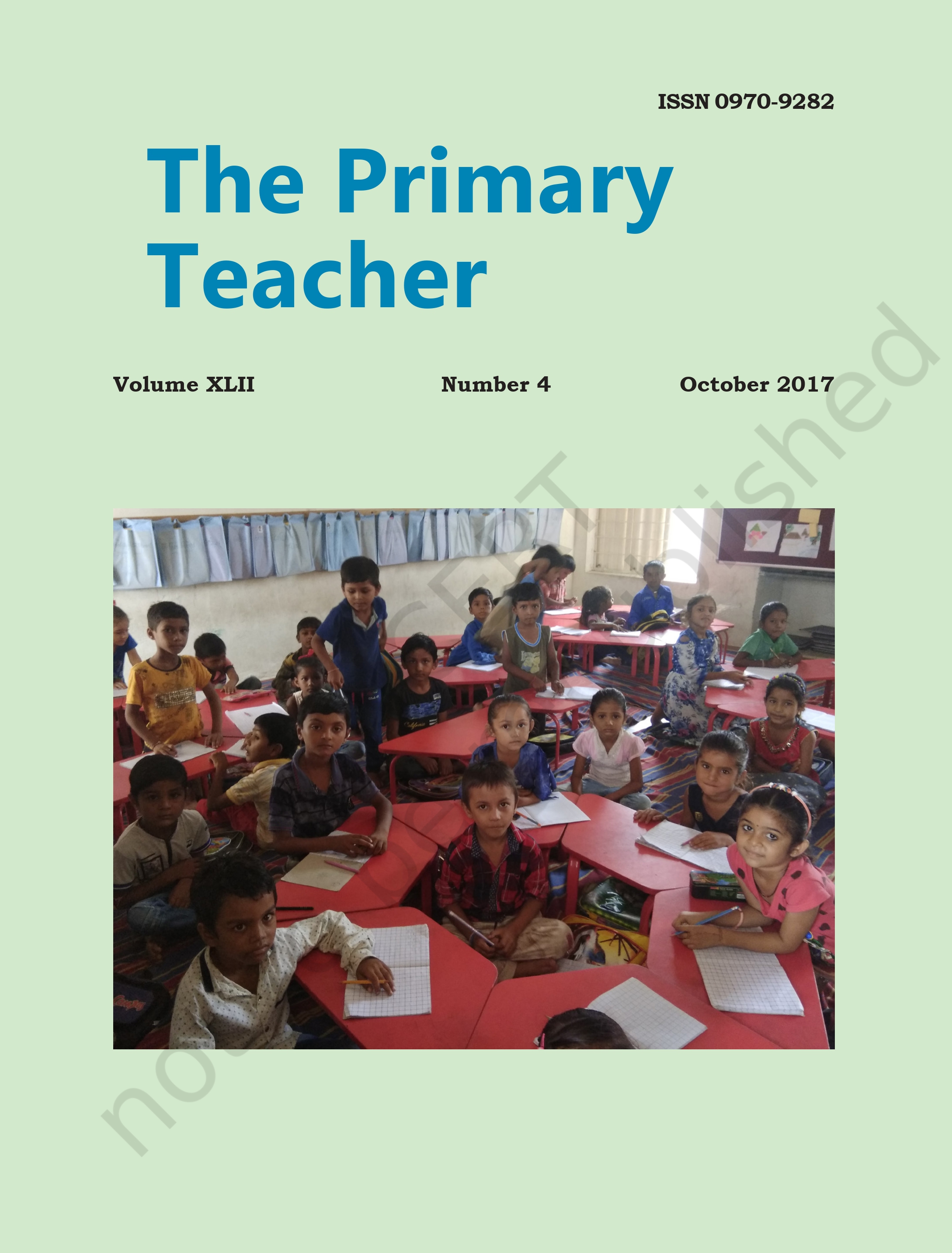
Published 2024-12-05
Keywords
- Educational reforms,
- The National Curriculum Framework,
- Mahatma Gandhi
How to Cite
Abstract
Educational reforms are carried out from time-to-time to meet the needs of an ever evolving society. In the last two decades, particularly, societies across the globe have witnessed rapid changes. But education systems seem to lag behind in many parts of the world, including India. Here, many schools still stick to decades’ old conventional teaching–learning practices like chalk and talk, and lecture method, which are not sufficient to meet the needs of today’s generation of learners. However, the past two decades have witnessed many schools turning to innovative teaching–learning practices to ensure active student participation in classrooms. This is a major drift from the time when students were mere passive learners and classrooms were teacher-centered. Innovative teaching–learning practices based on constructivist approach like collaborative and cooperative learning need to be incorporated in the classrooms so that the students are shaped into active learners, reflective thinkers and skilful communicators. This paper discusses the various teaching–learning strategies based on constructivist approaches that are important for education in a ‘knowledge society’.
